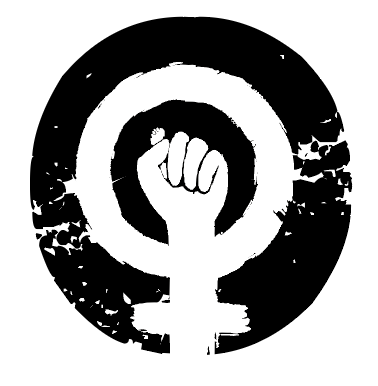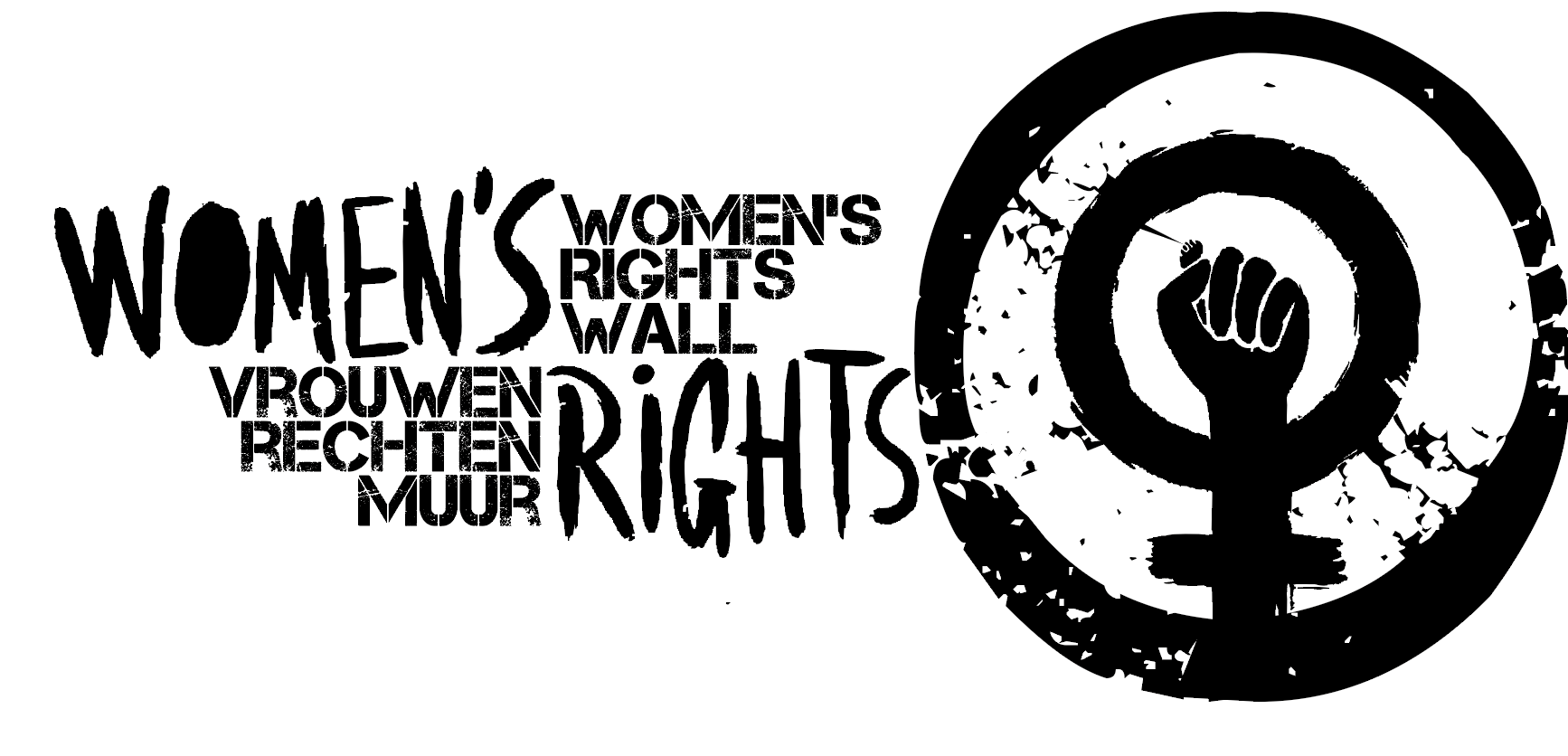is a term that traditionally refers to an adult human who identifies with the gender commonly associated with the female sex. However, it’s important to recognize that gender is a complex and multifaceted aspect of a person’s identity. Some people identify as women based on their biology and personal sense of self, while others may identify as non-binary, genderqueer, genderfluid, intersex, or have other gender identities that do not fit within the traditional binary concept of gender.
In a fully inclusive understanding of “woman,” it encompasses all individuals who identify as such, regardless of their assigned sex at birth or their expression of gender. This includes cisgender women (those whose gender identity aligns with the sex assigned to them at birth), transgender women (those whose gender identity is female but were assigned a different sex at birth), intersex people(those who have physical or biological sex characteristics that do not fit typical definitions of male or female) non-binary people who identify partially or fully as women and anyone else who identifies with the term ‘woman.’
Inclusivity also requires respecting and using individuals’ preferred pronouns and gender identities, whether it’s she/her, they/them, or other pronouns. It’s essential to create an environment where everyone’s gender identity is acknowledged and respected, fostering a society where people can express themselves authentically and without discrimination.

